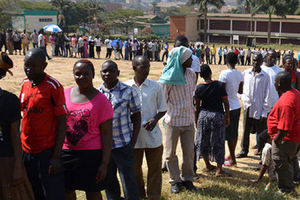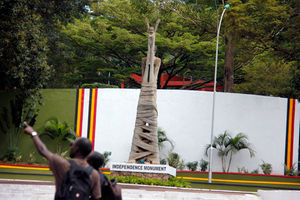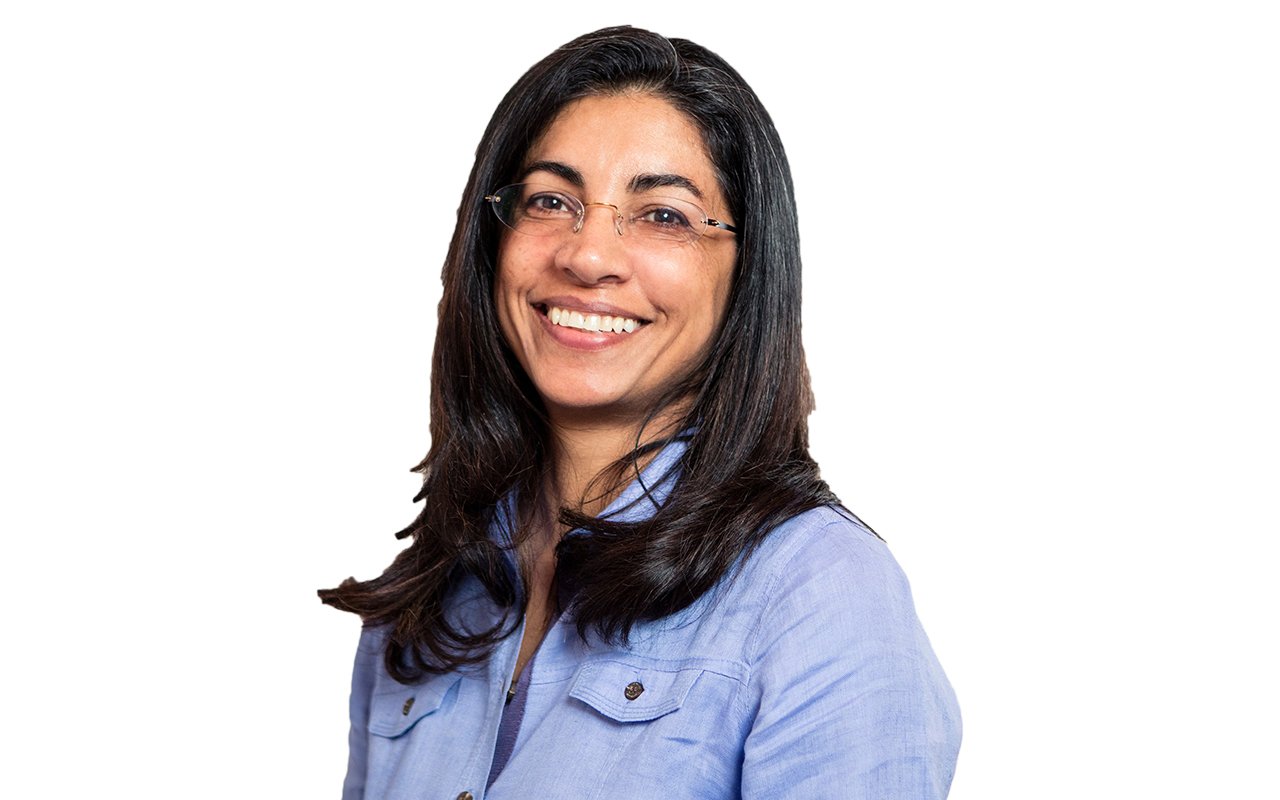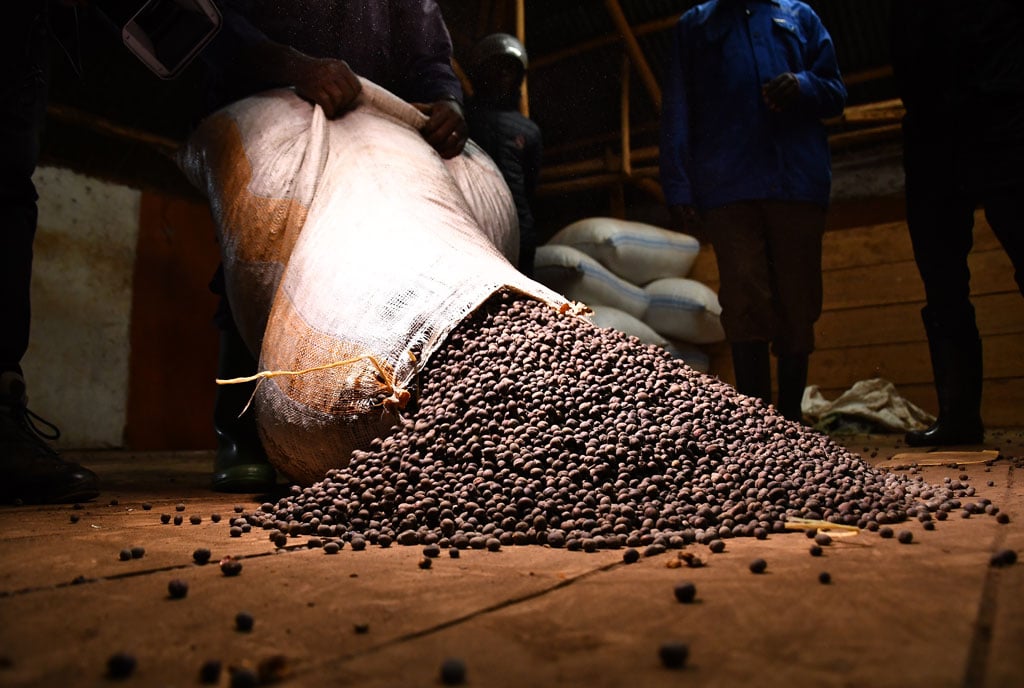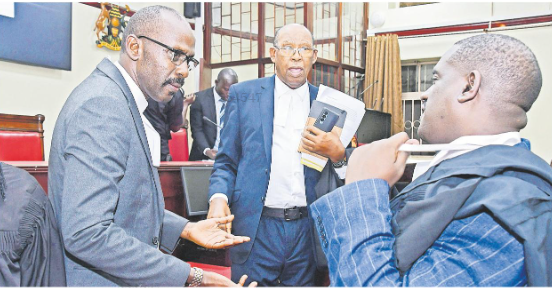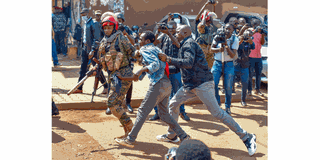
Military Police personnel arrest one of the youth protestors along Nasser Road in Kampala after he attempted to march to Parliament on July 23, 2024. PHOTO/ MICHAEL KAKUMIRIZI
Across Uganda, tensions are rising as the youth intensify campaigns to challenge the older generation's hold on leadership.
The 2024 National Population and Housing Census preliminary results show that individuals aged between 18 and 30 years make up 22.7 percent of the total population, underscoring Uganda's and the need for youth-focused policies.
The census also reveals that Uganda remains a youthful nation, with more than half the population (50.5 percent) being children aged 17 and under. Combined, youth and children constitute 73.2 percent of the population.
Despite this demographic advantage, the country is predominantly led by an older generation, with the average age of Uganda's Cabinet at about 65 years. The youth argue that these leaders, many of whom were in power before the majority of the population was born, are out of touch and unable to drive the country's future.
Youth representatives from various political parties, civil society organisations, and interest groups assert that the status quo cannot continue as the 2026 elections approach.
During a recent dialogue organised by African Youth Development Link in Kampala, many youth leaders criticised the current leadership for engaging in corruption and stifling opportunities for young people to exercise their fundamental rights.
Mr Chris Nkwatsibwe, the team leader of Policy, Governance and Civic Engagement at the National NGO Forum, emphasised that the time for youth leadership is now.
"For too long, we’ve been told that we are the leaders of tomorrow, but that narrative is used to manipulate us. We are tired of waiting," he said, adding: "We must live for today. Our turn is now, and while we may lack financial resources, we have the numbers."
Currently, only five youth representatives serve in Uganda's Parliament, with a few others elected through direct slots, including women and constituency MPs. This representation remains small compared to the overall youth population.
Mr Nkwatsibwe also criticised the militarisation of politics and elections, calling for a return to constitutionalism, which he believes has been eroded.
He highlighted the high costs of nomination and campaign financing, accusing Parliament of deliberately increasing these expenses to deter new candidates.
"Where diplomacy fails, youths must be ready to engage in peaceful protest to ensure their voices are heard. We must pursue legitimate civic action without apology. Our future must be defined today," Mr Nkwatsibwe said.
Mr Moses Kidega, the secretary for Labour Affairs at the National Youth Council of Uganda, echoed these sentiments, urging youth to take decisive action against corruption.
He referenced a recent march to Parliament that was violently suppressed by security forces, resulting in over 100 arrests, with some detainees alleging abuse while in custody.
"We can’t pretend that everything is okay. Our participation can only be meaningful if we are allowed to express our full potential and demonstrate our talents," Mr Kidega said. He questioned why the youth, with their significant population, have not yet translated their numbers into political power.
"For how long shall we continue with empty rhetoric? We know the numbers, but can these numbers translate into tangible results?" he asked.
He further argued that the older generation must not be allowed to dictate the future, leaving the youth to bear the burden of their mistakes.
"The people who are mismanaging this country are in their evening hours," Mr Kidega said.
Ms Mercy Awino Abena, a programmes associate at the NGO Forum, urged the youth to demand accountability without fear. She criticised the older elites for attempting to maintain the status quo by patronising the youth as mere grandchildren who must remain obedient and loyal.
"You must have the courage to hold people accountable. For too long, we’ve been dismissed as young and insignificant. But our population size gives us the power to change the governance of this country," Ms Abena said.
Mr Julius Mucunguzi, the head of communications and public relations at the Electoral Commission, advised youth to be cautious and realistic. While supporting their aspirations for leadership, he urged them to engage in local politics where they can make meaningful contributions.
"We have abandoned local-level participation. Real change often begins at the grassroots, and youth should not ignore these avenues for influence," Mr Mucunguzi noted.
He also warned against jeopardising their efforts through unlawful activities and encouraged the youth to work within the electoral process to make their voices heard.
"The Electoral Commission is an anchor in the process of choosing leaders. Meaningful contributions can only be made by embracing the electoral system," Mr Mucunguzi said.
Mr Byonabye Kamadi, the director of Research, Education, and Documentation at the Uganda Human Rights Commission, said while many youth aspire for leadership, they often lack clear goals.
"Youth need to be focused, ideologically clear, and steadfast in their decisions," Mr Kamadi advised. He also cautioned against voting based on trends or external influences, emphasising the importance of making informed choices.
"Freedom of expression, association, and assembly are fundamental for meaningful participation in elections,” Mr Kamadi advised.
Ms Lynette Nanyonjo, a youth leader and member of the Inter-party Youth Platform, highlighted the challenges faced by the youth, particularly the militarisation of elections, which she said stifles meaningful participation.
"Young people face numerous obstacles, including economic inequality and lack of education. We need electoral laws that make it easier for economically disadvantaged youth to participate,” Ms Nanyonjo explained.
She defended the youth's right to peaceful protest, pointing out that security forces often disrupt these activities with violence.
"When young people peacefully protest against corruption, they are met with brutality. It’s not the youth who bring violence to the streets; it’s those who oppose our right to speak out," she said
In conclusion, the youth of Uganda are determined to reshape the country’s leadership landscape. With the 2026 elections on the horizon, their voices are growing louder, demanding change, accountability, and a seat at the table.

